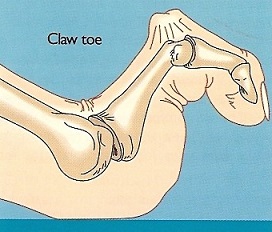Most foot cysts are located under the skin, although occasionally they appear in tendon or bone. Synovial or ganglionic cysts are connected to a nearby joint or tendon, which makes them harder to treat. Mucoid cysts are not connected to a joint. Most cysts lead to mild pain as a result of the pressure created by wearing shoes. When any of these cysts enclose or press on a nerve, they can cause a sharp pain. X-rays, ultrasound, MRI, or CT scans are common methods for diagnosing cysts in the feet.
The best way to prevent cysts from forming is to wear well-fitted, comfortable shoes and avoid repeated foot injuries. Persistent ganglion cysts can be treated by numbing the area and extracting the fluid inside. A steroid or hardening agent may then be injected into the cyst to try to prevent it from filling again.
Call
our InStride Family Foot Care at 704-786-4482 to schedule an appointment
today. We can evaluate your feet and determine
the best course of action to alleviate your pain. We are located at 1022
Lee-Ann Drive Concord North Carolina.
Hint:
Ensure you shoes fit your feet properly



